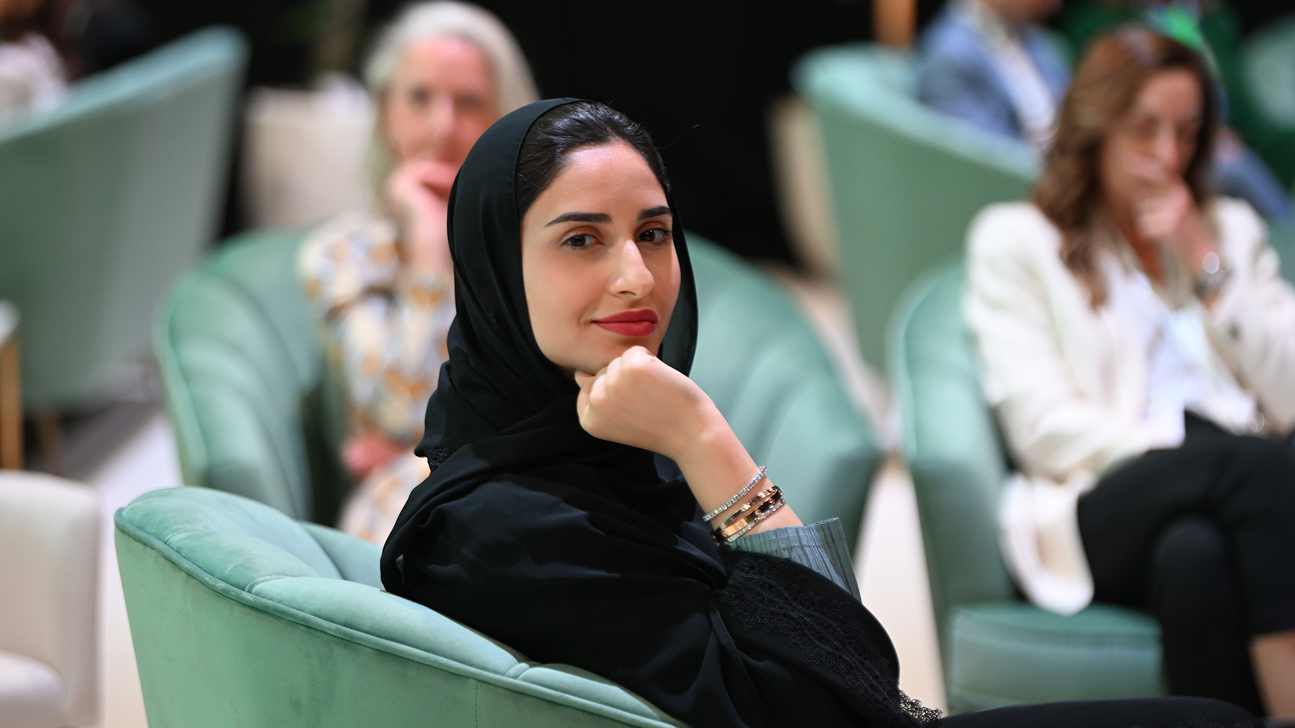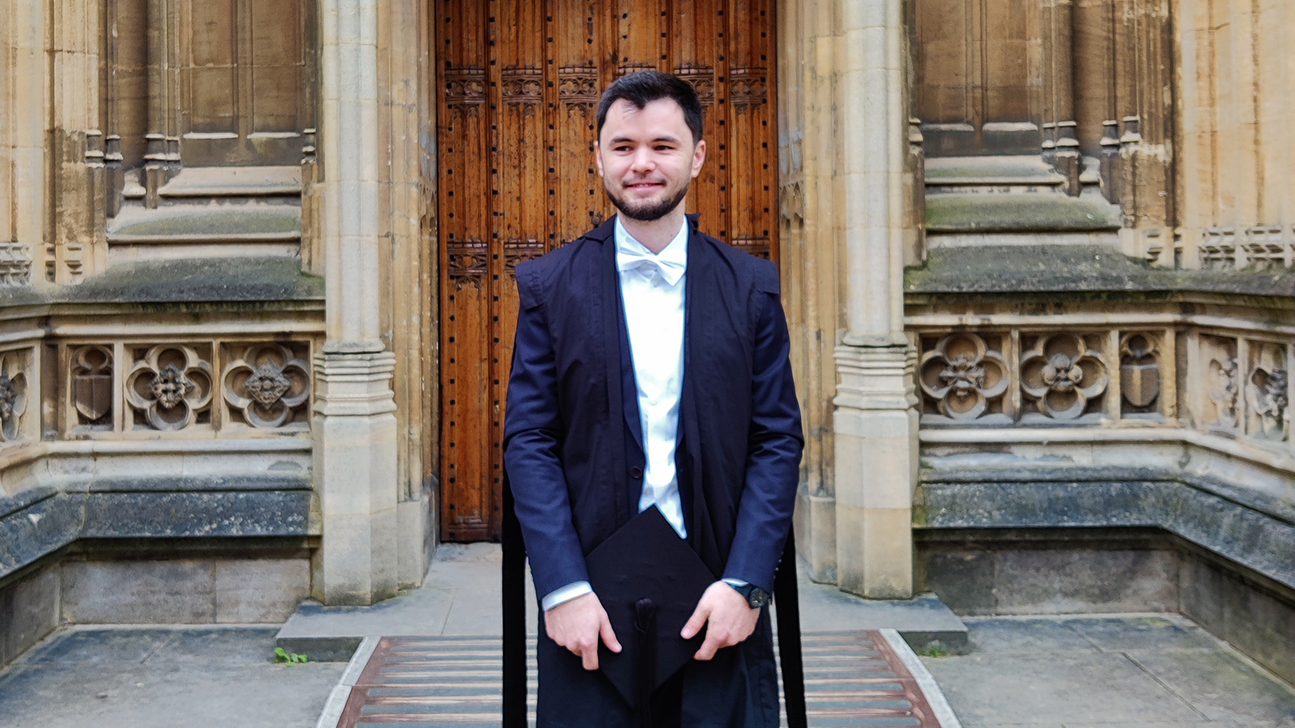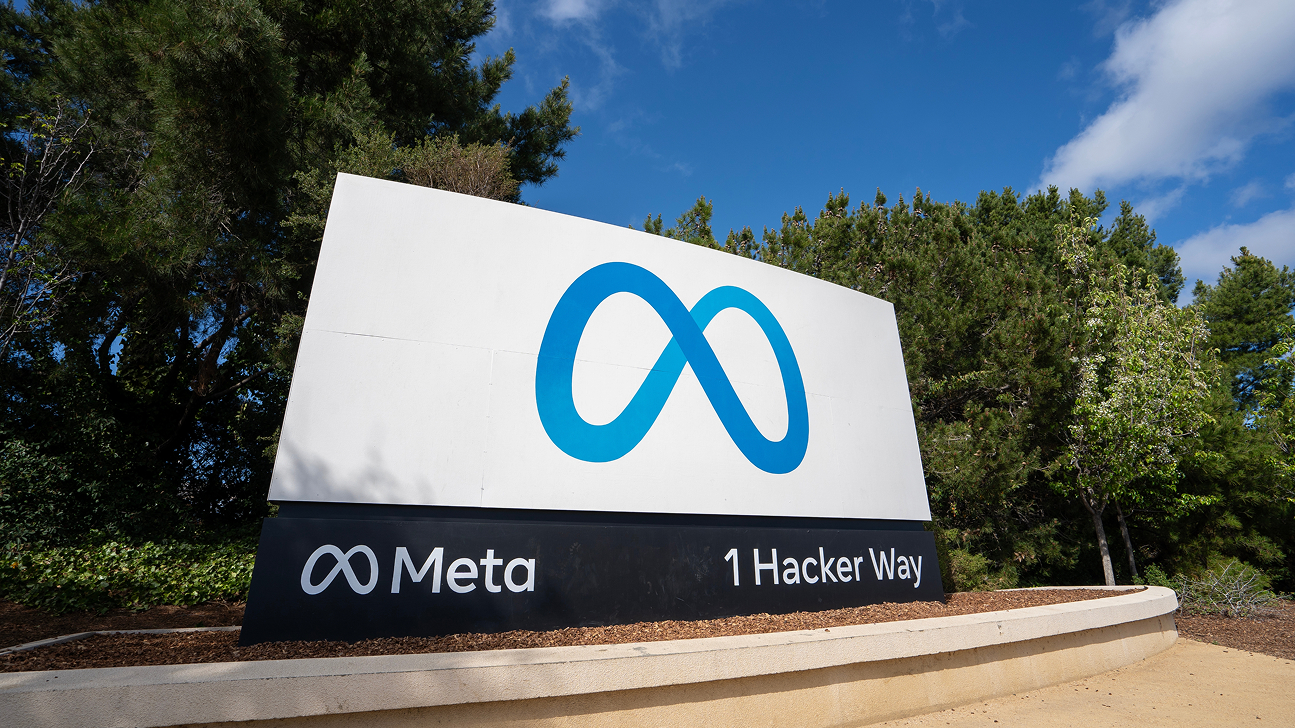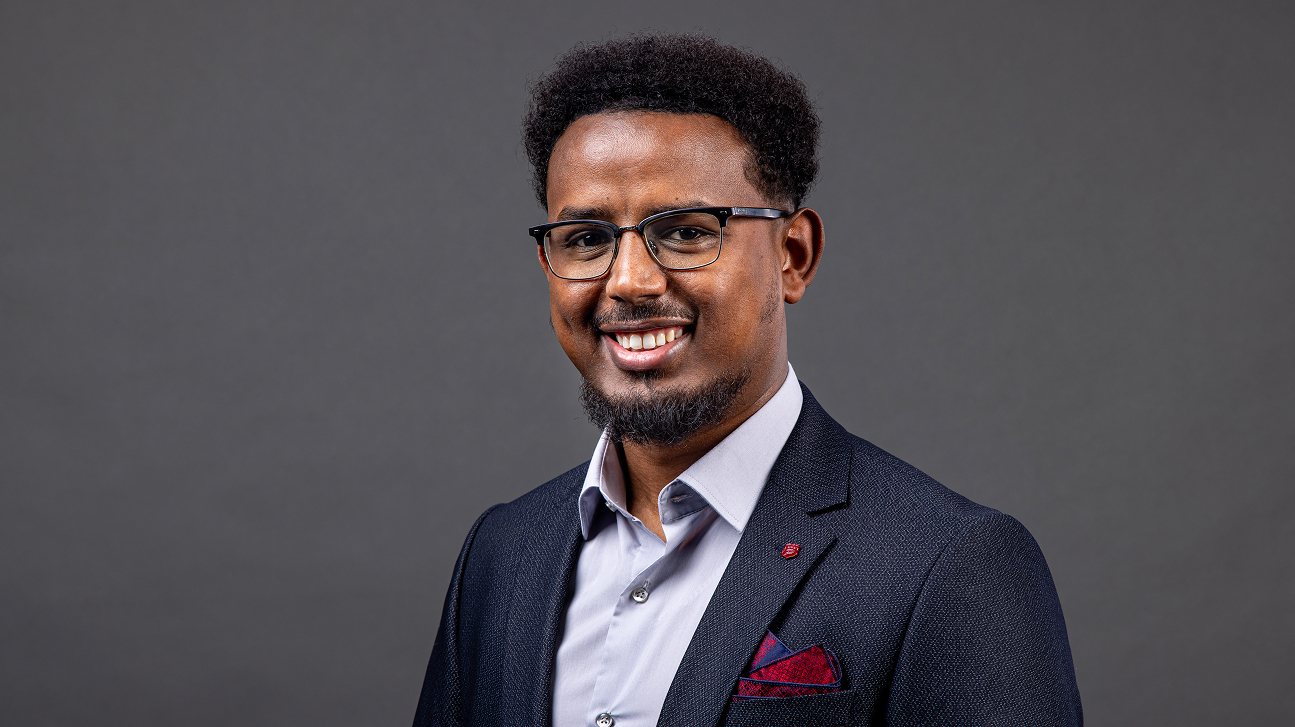Alumni Spotlight: Applying AI to complex public‑sector challenges
Wednesday, May 07, 2025

The potential for AI to reshape society is not confined to industries like finance, healthcare, or transportation. For Maryam Ahmed Hassani, head of trends and innovation at Abu Dhabi’s Early Childhood Authority (ECA), its most transformative power may lie in rethinking how we support the earliest and most critical years of human life.
By weaving AI into early childhood development, Hassani – a graduate of MBZUAI’s Executive Program (MEP) – is working to create systems that are not just efficient, but deeply human-focused; empowering parents, caregivers, and policymakers to provide every child with the best possible start.
“What excites me the most is reimagining how services are delivered, leveraging emerging technologies and human-centered approaches,” she says. “AI is transforming how we think about personalization, access, and scale. In early childhood development, that means tools that can tailor support to parents based on their child’s needs or predict developmental risks early on.
“With the help of AI, I believe we’ll see a shift toward these highly personalized, data-driven systems that adapt to the needs of each child and parent at scale. That could mean adaptive learning tools, predictive health monitoring, or AI-powered family support platforms. The opportunity lies in using AI to enhance human support systems, not replace them, ensuring that every child has the opportunity to thrive.”
Drawn to innovation
Hassani’s journey to AI-driven advances in early childhood development started as a graduate from NYU Abu Dhabi, when she joined Ernst & Young as a management consultant exploring different sectors. Finding herself drawn to innovation and technology-focused projects, she soon joined the ECA.
“I have the privilege of driving strategic innovation by empowering and investing in a thriving startup ecosystem, and advancing AI adoption through human-centric design,” she says. “My role is to design and lead strategic initiatives that address systemic challenges in early childhood development. This includes launching public-private programs like Anjal Z, building design thinking capability with government, and exploring alternative investment models in collaboration with partnering entities like ADIO and Hub71.”
But it wasn’t only in the world of childhood development that Hassani found success through AI.
In 2022, she co-founded Zealous, a startup that helps companies reduce their software development time and cost with AI code generation and testing.
“We have so far launched three AI-native products through Zealous,” she says. “AI changes the fundamental equation of what it takes to build a software company. With the advancements in AI coding tools, you no longer need a large development team or outside investment to go to market.
“Our latest product is an AI-automated tester for websites and web apps. What sets AI-native products apart from AI-enabled ones is that instead of marginally improving existing solutions, we rethink the entire process with AI at its core. For example, our tester uses computer vision to identify core functions on a website without needing any input or test scenarios from the user. It instinctively knows what to test and sends a video report to the customer’s email, flagging bugs that could affect user experience or sales.
“I believe the best way to learn is to build, and with AI, the only way to keep up is to be hands-on in the market creating useful tools that add substantial value to customers.”
Developing AI learning
It was this belief that led Hassani to partake in Cohort 5 of MBZUAI’s Executive Program in 2024. The 16-week program brought together 44 leaders from the public and private sectors to learn from instructors from MBZUAI, UC Berkeley, Oxford University, Harvard, MIT, and other leading institutions and organizations; equipping them with the tools to implement AI-driven strategies within their own organizations.
“I joined the MEP because I wanted to deepen my understanding of AI while staying connected to the UAE’s leaders in this space,” says Hassani.
“The program brought together world-class researchers and industry leaders and challenged us to apply what we learned in practical, real-world scenarios. It also gave me the opportunity to expand my network in a meaningful way. My capstone project was a great example of this.”
During the program, participants were split into groups and asked to work on a Capstone Project that used AI to help solve national or organizational challenges with the potential to bring about transformational change in society.
“Drawing on my startup and product background, our team worked on an AI-powered app that detects athletic potential in children with the goal of increasing the UAE’s participation in future global sporting events like the Olympics,” explains Hassani.
“The solution was well received and reinforced my belief that the best way to learn is by doing and building in the field.”
Hassani adds that the program encouraged her to think in terms of long-term, systems-level adoption, and that since graduating she has applied that lens to structuring an investment thesis focused on startups.
“We are now aligning capital with policy to support innovative solutions that benefit children and their families,” she says. “A big part of this work involves understanding the real value of digital tools that are designed for children so we can fully leverage their potential while mitigating risk responsibly.”
Continuing to build
Looking ahead, Hassani is keen to continue her AI journey through entrepreneurship; buoyed by the success of Zealous so far.
“Zealous showed me what’s possible when you combine promising technology with a clear problem and lean execution,” she says. “I plan to keep building and backing products that address real regional needs. Whether through building products or investing in promising founders and solutions, I’m committed to using AI to solve meaningful problems in the MENA region and beyond.”
The serial innovator also acknowledges the example she’s giving to other young women looking to forge a future in technology and business — especially as an Emirati.
“Visibility matters,” she asserts. “Representation influences what people believe they can achieve. I didn’t grow up seeing many women like me in AI or tech startups, so I hope my story makes the space feel more accessible. Beyond visibility, I’m also working to create systems that support broader participation whether that’s through thoughtful policy, investment, or mentorship.
“If I were to offer any advice to other women interested in AI or entrepreneurship, I would say just start. With today’s AI tools, it has never been easier to develop a product and test it in the market. Learn by doing. Surround yourself with people who challenge and uplift you. Don’t wait for perfect conditions. Just start, iterate, and keep moving forward. There has never been a better time to build solutions in this region, especially when you’re solving big, meaningful problems.”
Related
Alumni Spotlight: putting AI at the heart of healthcare
Driven by a personal mission, MBZUAI alumnus Ikboljon Sobirov is pursuing a Ph.D. at Oxford while working.....
- medicine ,
- healthcare ,
- innovation ,
- biomedical ,
- alumni ,
- medical imaging ,
- Alumni Spotlight ,
- Ph.D. ,
From Abu Dhabi to Silicon Valley: MBZUAI students advance computer vision at Meta
During their internship at Meta, Muhammad Maaz and Hanoona Rasheed were tasked with building a world-class vision.....
- videos ,
- images ,
- internship ,
- Meta ,
- phd ,
- silicon valley ,
- computer vision ,
- research ,
MBZUAI graduate's journey from Eritrea to empowerment
A Merit Scholarship from the UAE Ministry of Education helped MBZUAI master's graduate Daniel Gebre start creating.....
- graduation ,
- alumni ,
- Machine Learning Department ,
- ML ,
- Class of 2025 ,
- accessibility ,
- low resource ,
- commencement 2025 ,


